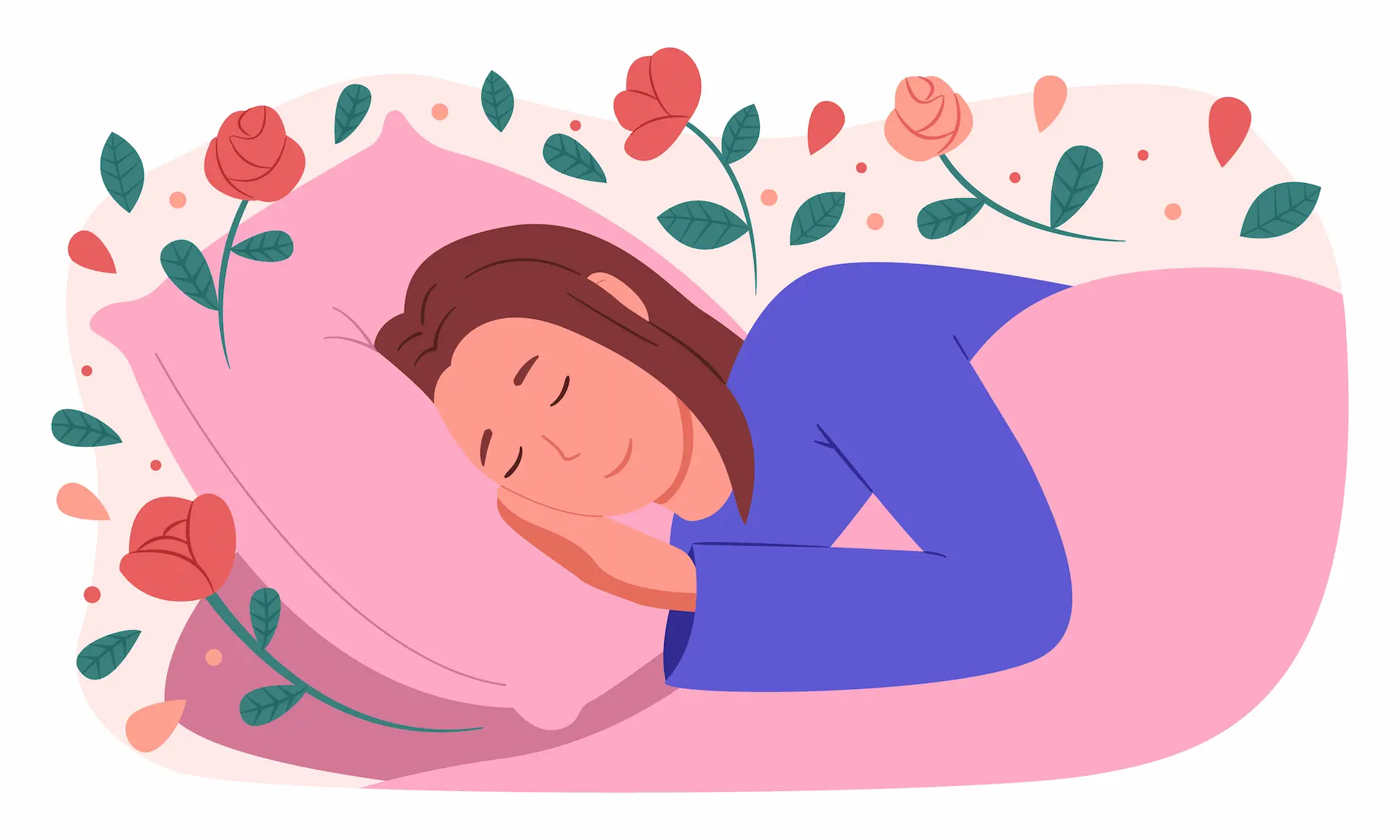The Importance of Sleep and How to Improve Your Sleep Hygiene

In today’s fast-paced world, sleep is often the first thing we sacrifice when we have too much on our plates. Late nights working, binge-watching TV shows, or scrolling through social media can all contribute to poor sleep quality. But the truth is, getting enough high-quality sleep is crucial for both our physical and mental well-being. It’s not just about resting your body—it’s about giving your mind and organs the time they need to recharge and repair.
Sleep is fundamental to our overall health, yet many people struggle to get the right amount or quality of sleep. In this article, we'll explore the importance of sleep and provide practical tips on how to improve your sleep hygiene so you can wake up feeling refreshed and energized every day.
Why Sleep is So Important
Sleep is often referred to as the body’s natural repair process. During deep sleep, your body undergoes important processes that help it recover from the day’s activities. Your muscles repair themselves, your brain processes and consolidates memories, and your body replenishes the hormones that regulate everything from stress to hunger.
When you don’t get enough sleep, these functions can’t happen properly, leading to a host of problems. Sleep deprivation is linked to a weakened immune system, increased stress levels, poor cognitive function, and even chronic conditions like heart disease and diabetes. In short, without enough sleep, your body and mind can’t function at their best.
Personal note: I used to feel like I could power through on just a few hours of sleep, but after a while, it took a toll. I noticed feeling more irritable, struggling to focus, and even getting sick more often. Now, I understand that sleep isn’t a luxury—it’s a necessity for my health.
How to Improve Your Sleep Hygiene
Sleep hygiene refers to the habits and practices that promote good sleep. The better your sleep hygiene, the more likely you are to fall asleep faster, stay asleep longer, and wake up feeling rested. Here are some key tips to improve your sleep hygiene:
1. Stick to a Consistent Sleep Schedule
Your body thrives on routine. Going to bed and waking up at the same time every day helps regulate your internal clock, making it easier to fall asleep and wake up naturally. Try to keep this schedule on weekends as well, even if you don't have work or school the next day.
2. Create a Relaxing Bedtime Routine
Wind down before bed with calming activities like reading a book, taking a warm bath, or practicing deep breathing exercises. Avoid stimulating activities such as watching intense TV shows or checking your phone, as they can interfere with your body’s natural relaxation process.
3. Optimize Your Sleep Environment
Make your bedroom a sleep-friendly space. Keep it cool, quiet, and dark. Consider investing in a comfortable mattress and pillows that support restful sleep. If noise is an issue, use earplugs or a white noise machine to block out distractions.
4. Limit Caffeine and Alcohol
Caffeine can stay in your system for hours, so avoid coffee, tea, or energy drinks in the afternoon and evening. Similarly, while alcohol might make you feel sleepy, it can disrupt your sleep cycle, causing you to wake up during the night.
5. Get Active During the Day
Regular exercise helps promote better sleep, but try to avoid vigorous activity right before bed, as it can make it harder to wind down. Aim for at least 30 minutes of moderate exercise most days of the week.
6. Watch Your Diet
Heavy meals right before bed can make it difficult to fall asleep. Avoid large, spicy, or greasy meals and try to have your last meal at least 2–3 hours before bedtime. Light snacks, such as a small bowl of nuts or a banana, are a better choice if you're feeling hungry before bed.
Personal note: I used to stay up late scrolling through social media, thinking I’d just watch “one more episode.” Now, I follow a routine—no screens an hour before bed. I take a warm shower, read, and enjoy some quiet time. It’s made a huge difference in my sleep quality.
Conclusion
Getting enough sleep is not just a luxury; it’s essential to your physical and mental health. By following a few simple tips to improve your sleep hygiene, you can ensure that your body and mind get the rest they need to function at their best. A consistent bedtime routine, a comfortable sleep environment, and healthy habits during the day all play a significant role in ensuring you wake up feeling refreshed, alert, and ready to take on the day.
Remember, good sleep isn’t just about quantity; it’s about quality. Take care of your sleep hygiene, and you’ll soon reap the benefits of better energy, improved mood, and enhanced overall health.